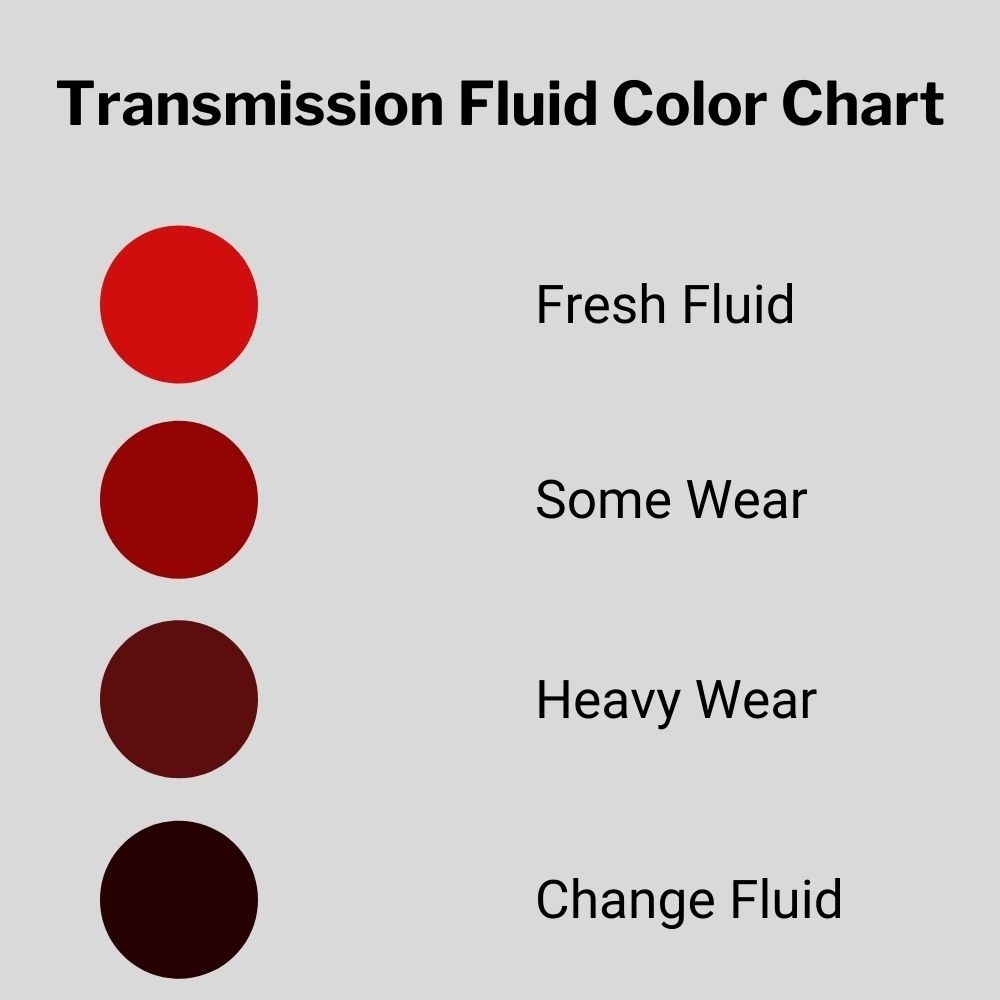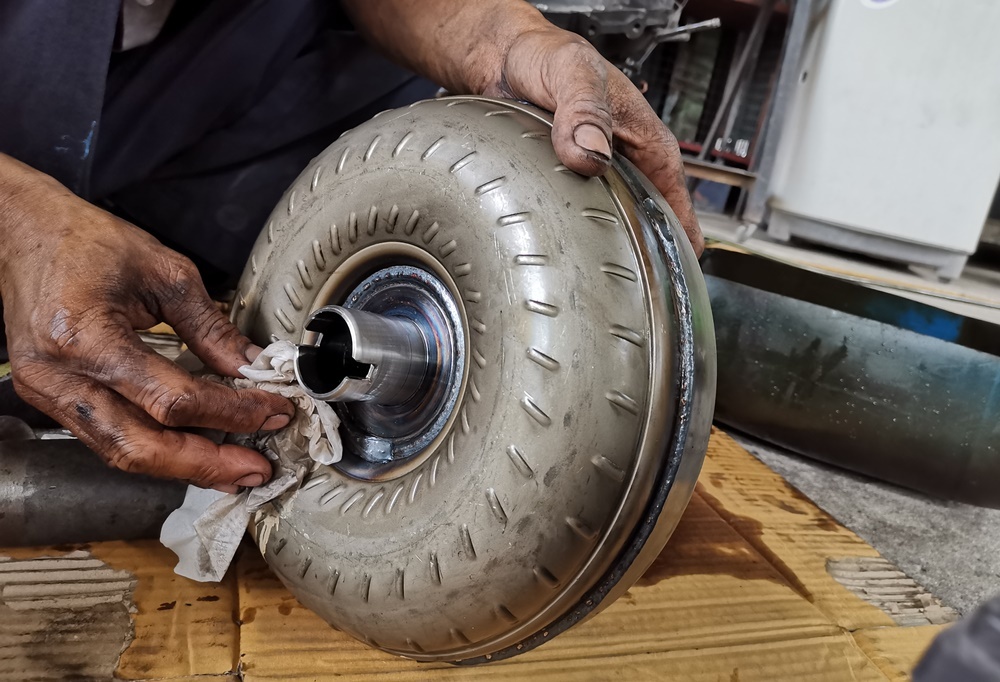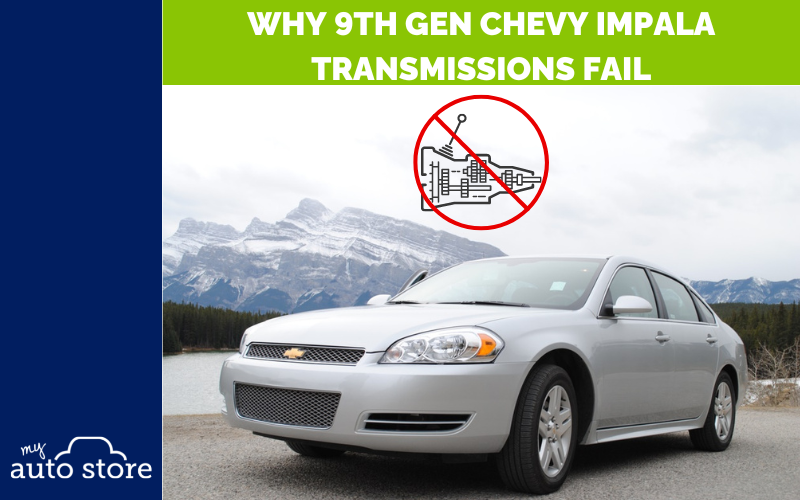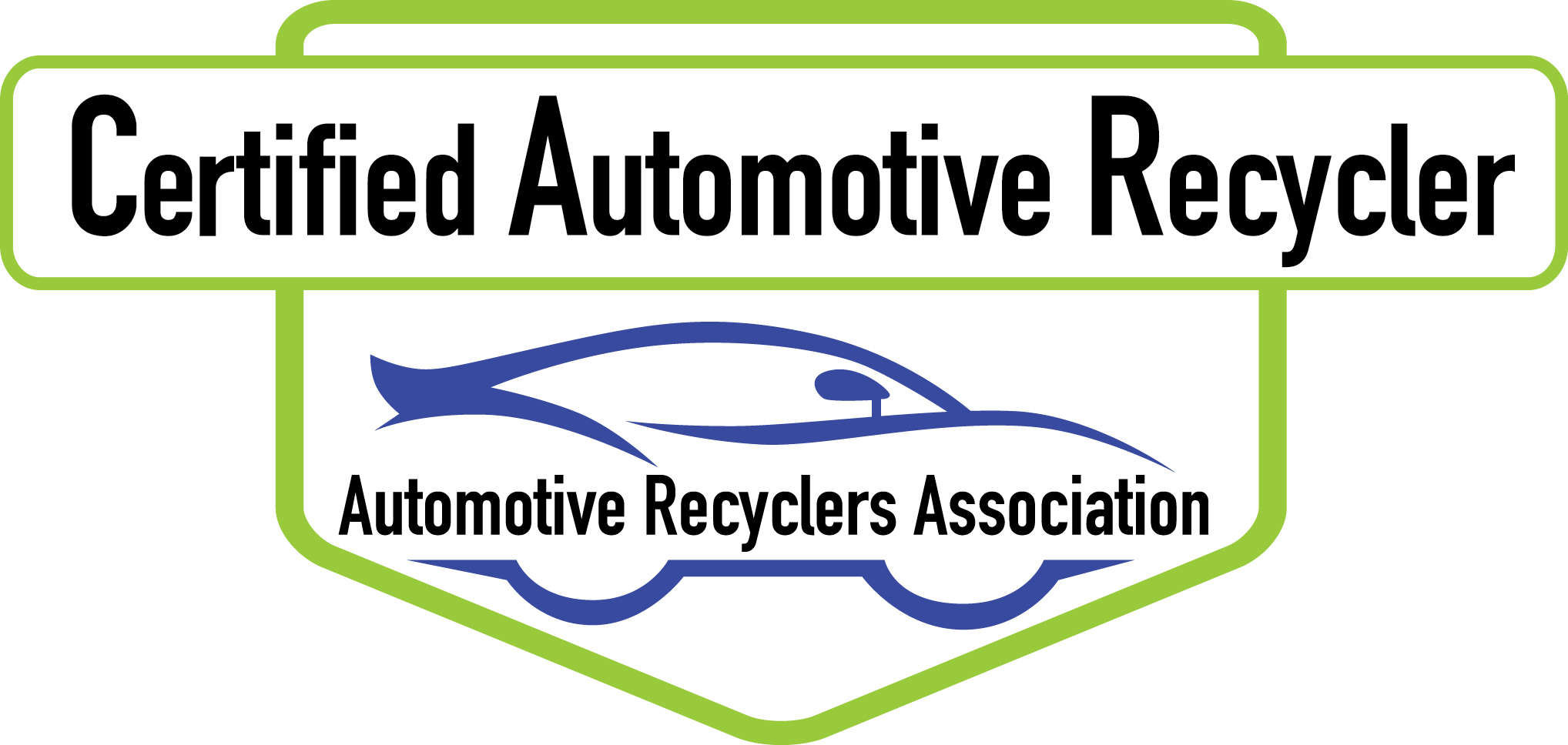Introduced in 1958, the Chevrolet Bel Air Impala quickly became one of the most popular sedans in history, and it remained that way for decades. While General Motors discontinued the Impala in 2020, it remains one of Chevy’s most memorable cars and a favorite among enthusiasts.
Each generation of the Impala has had its share of problems over the years, and many of these issues were related to the Chevrolet transmission under the hood. Here we will focus on one particular generation that you’re likely to find in used car lots across the country, the ninth-generation Chevrolet Impala, manufactured from 2006 to 2013.
Ninth Generation Chevy Impala Transmission Problems (2006-2013)
Ninth-generation Impalas have either 4-speed or 6-speed automatic transmissions. The 2007 Chevy Impala transmission is considered the most problematic, but the same issues extend to other years between 2006 and 2013.
The most common issues with Chevrolet Impala transmissions are:
- Failed solenoids
- Low or dirty transmission fluid
- Bad torque converter
Failed Transmission Solenoids
Many Impala drivers report problems with the solenoids inside the transmission. Solenoids are electric-powered valves that control how much transmission fluid can flow into the transmission. The amount of fluid and pressure determines which gear the car is in and allows the transmission to shift as the driver accelerates.
When a solenoid goes bad, it causes problems when your transmission shifts gears. Drivers typically notice one or more of the following issues:
- Delays when shifting
- The vehicle refuses to downshift
- Transmission gets stuck in neutral
While a solenoid can fail in any automatic transmission, Chevy Impala transmissions from the following years are especially susceptible to bad solenoids:
- 2006 Chevrolet Impala Transmissions
- 2007 Chevrolet Impala Transmissions
- 2008 Chevy Impala Transmission
- 2011 Chevy Impala Transmission
Low Transmission Fluid
Leaking transmission fluid is another recurring problem with ninth-gen Chevy Impala transmissions. When a transmission is working properly the amount of fluid (also known as ATF) does not decrease over time. If your trans fluid is low, it’s likely that you have a leak. Driving with low transmission fluid can easily overheat your car and cause further damage, but the good news is that adding more fluid is an easy fix if you catch it in time.
Clean transmission fluid is usually a bright reddish color, which gets darker over time. Dark brown or black trans-fluid means that your car needs a flush and fluid replacement.

Low fluid is one of the most common problems with automatic transmissions, so it is no surprise many Chevy Impala transmissions have this problem too.
Model years known to have problems with transmission fluid include:
- 2006 Chevrolet Impala Transmissions
- 2007 Chevy Impala Transmissions
- 2008 Chevy Impala Transmission
- 2009 Chevy Impala Transmission
- 2010 Chevy Impala Transmission
- 2011 Chevy Impala Transmission
Problems With Torque Converter
Torque converters connect the engine and transmission in automatic vehicles. They function like the clutch on manual cars by transferring power from the engine to the transmission. Torque converters also allow the engine to spin independently of the transmission so that the car can idle without the engine stopping.

For most cars, problems with the torque converter aren’t typical – ATF fluid leaks and solenoid issues are much more common. Impalas are a different story. Many ninth-generation Chevrolet Impala owners reported the following torque converter problems such as:
- Slipping – The most common symptom of a bad torque converter is known as slipping, which is when the engine revs but doesn’t accelerate. The driver will see RPMs increase without the usual increase in speed. Slipping is the most frequently reported problem with 2006 through 2008 Chevy Impala transmissions.
- Shuddering – A defective torque converter can also cause shuddering or vibrating. This is a similar feeling to when you need to downshift in a manual transmission car or when you’re driving over a rough patch of road.
- Poor Gas Mileage – A bad torque converter will cause the engine’s RPMs to run high, making gas mileage worse. If you notice a sudden decrease in gas mileage, it could be the torque converter.
What Should I Do if My Chevy Impala Transmission Fails?
When problems strike your Impala’s transmission you have two choices if you want to keep your car on the road: fix the trans or replace it. Because the parts are so intricate and expensive to fix, it may cost more money to repair your broken transmission than it does to replace it with a used one.
If you find that your Chevy transmission needs to be replaced, check out the massive selection of used parts at My Auto Store.
My Auto Store offers an industry-leading 6-month warranty on all parts, plus free shipping. Our team inspects each transmission for quality before it goes out the door. This way, you can rest assured that your part is reliable and ready for the road. Are you looking for a used Chevy Impala transmission? Browse our used auto parts store to see what we have in stock!










